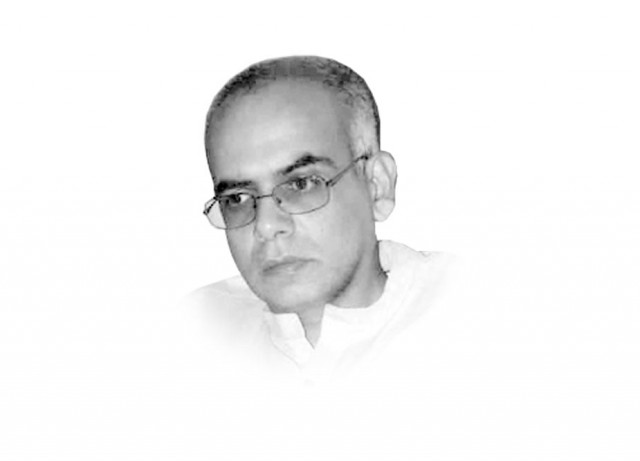Pending IMF and World Bank reforms
The World Bank aims to increase the voting power of developing countries to at least 50 per cent over time

The writer holds a PhD from the University of Melbourne and is the author of Development, Poverty and Power in Pakistan, available from Routledge
While on paper, the World Bank and IMF are governed by, and held accountable to, all 188 member countries, in effect both these entities are controlled by just a small number of economically powerful nations. Since a handful of countries choose the leadership and senior management of both the IMF and the World Bank, critics allege that it is their economic interests that dominate, despite the fact that the main borrowers from the World Bank and IMF are developing countries. European countries control a proportion of the IMF’s overall shareholding which exceeds their contribution to the global economy. Changes to increase individual states’ quotas would automatically reduce the relative shareholding of all other states, including the US’ whose current quota provides it with an effective veto on all major IMF decisions.
Recommendations to reform the governance structures of the IMF and World Bank include shifting the focus from the needs of the US and European countries to those of the developing world by reforming the voting structure. Both the IMF and World Bank do acknowledge the need for internal reform. The World Bank aims to increase the voting power of developing countries to at least 50 per cent over time. The G20 endorsed the need for IMF quota rebalancing, whereby the large, dynamic emerging market countries, Brazil, China, India and Russia move up to be among the top 10 shareholders of the IMF.
However, developing countries have become increasingly frustrated with the slow pace of these promised reforms. The IMF and World Bank annual meetings held earlier in October this year represented the ideal opportunity for a comprehensive reform resolution. But despite the usual platitudes about the need for structural reforms within the IMF and World Bank, this process has been stalled once again.
It is ironic that an entity like the World Bank, which is committed to the process of improving accountability and good governance across the developing world, cannot get its own house in order. There are also economic imperatives which compel the need for reforming both the IMF and the World Bank. The global economy is currently fraught with anxieties over China’s slowdown, weakening emerging markets and lingering disparities within and across countries around the world. The IMF’s ability to respond to potential economic crises tailored to individual member countries’ circumstances requires not only a reformed vision but also increased financial backing. The level of financial commitment estimated to enable the IMF alone to function another decade is well over a trillion dollars. Allowing a greater share to emerging countries within its governance structures would bolster the IMF’s available financial resources. Moreover, governance reforms would further enable both the IMF and the World Bank to reassess their existing programmatic approaches, and to also gain increased legitimacy and effectiveness within the developing world.
Published in The Express Tribune, November 7th, 2015.
Like Opinion & Editorial on Facebook, follow @ETOpEd on Twitter to receive all updates on all our daily pieces.















COMMENTS
Comments are moderated and generally will be posted if they are on-topic and not abusive.
For more information, please see our Comments FAQ